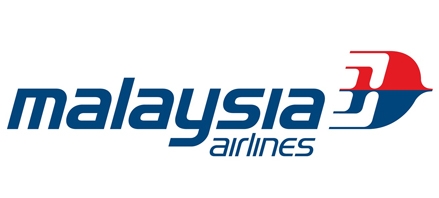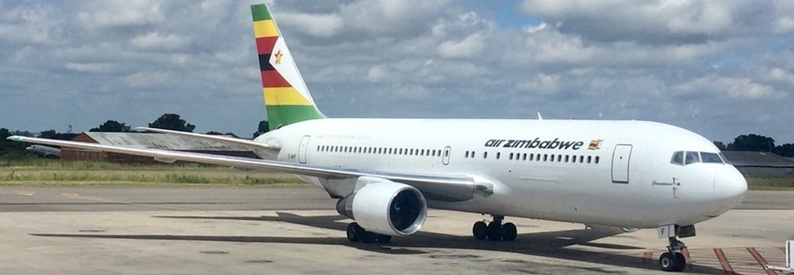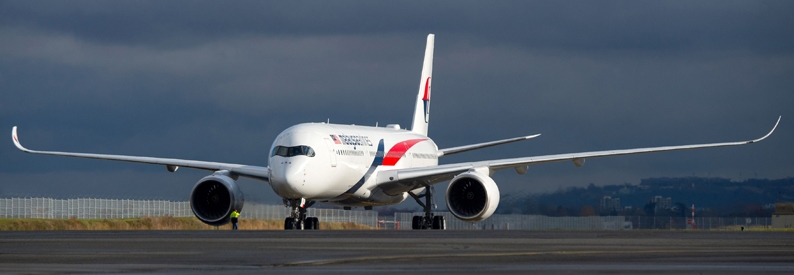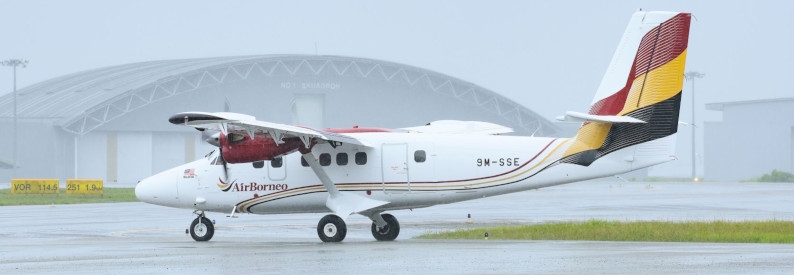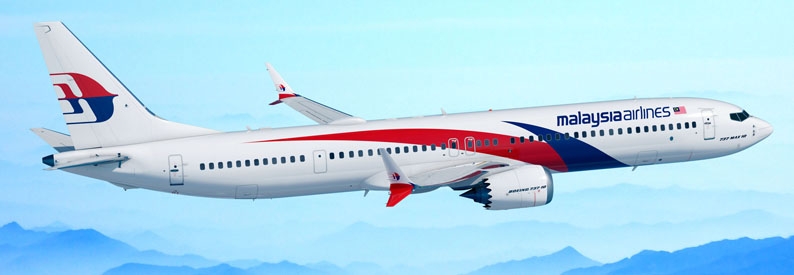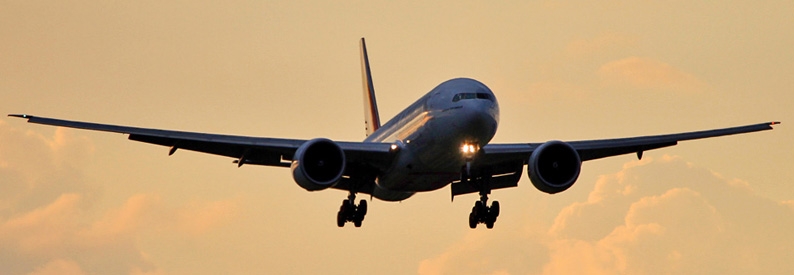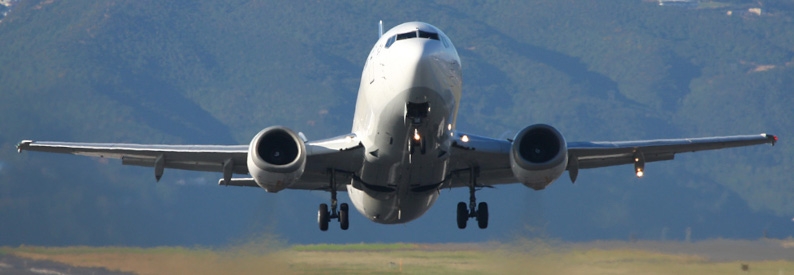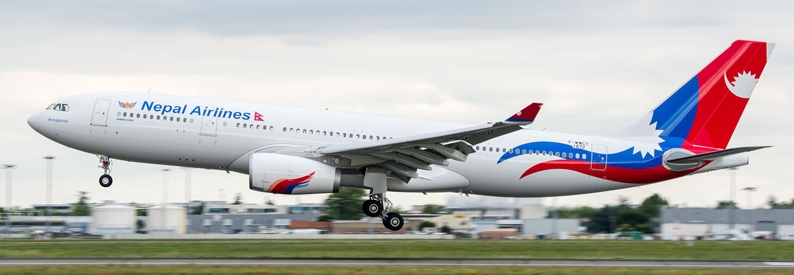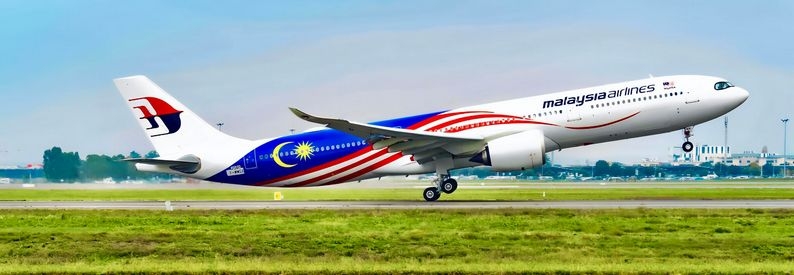Malaysia Airlines (MH, Kuala Lumpur International) is experiencing some passenger discontent after ending its pre-existing catering contract on September 1 without having locked in another provider. Consequently, some passengers are complaining about being served packaged food such as biscuits and bread on flights rather than the traditional in-flight meal. Malaysia Airlines has long enjoyed a strong reputation for its inflight catering.
As previously reported in ch-aviation, Malaysia Airlines' parent company, Malaysia Aviation Group (MAG), ended its 26-year catering contract with Brahim's Food Services Sdn Bhd (BFS) on September 1 after failing to agree on certain new contractual clauses. As a result, Malaysia Airlines implemented its business continuity plan to ensure catering still reached its departing flights.
Pending negotiating a new contract, the airline is now using eight providers, including Pos Aviation Sdn Bhd and MAS Awana Services Sdn Bhd. Pos Aviation had previously catered for certain Malaysia Airlines flights, including flights to Japan and South Korea. They have since taken on the catering for flights to the United Kingdom, the Middle East, and Australasia. Consequently, normal food and beverage service continues on these routes. However, catering on other routes, primarily short and medium-haul routes, is affected.
Passengers on the impacted routes are being advised that all special meals, the Chef-on-Call service, meal upgrades and pre-booked meal options are paused. Depending on the class of travel and route, passengers may get pre-packaged meals rather than fresh meals. Additionally, on some longer flights, there may be a "revised meal structure," although the airline does not specify what that entails.
Malaysia Airlines flies to 77 destinations in 22 countries, according to the ch-aviation Commercial Aviation News, Operator & Airport Data module. The catering challenges are impacting domestic and short and medium-haul intra-Asian services. POS Aviation is maintaining normal service on longer-haul flights. Aside from domestic flights, routes into Indonesia, India, Sri Lanka, Nepal, Bangladesh, Thailand, Viet Nam, Myanmar, Singapore, the Philippines, Taiwan, China, and Hong Kong are affected.
MAG Managing Director Izham Ismail told Malaysian media outlets that he expected criticism ahead of a new contract being bedded down. He said the challenge is not only procuring the catering, but getting it onto aircraft. Malaysia Airlines has established a temporary facility at KLIA to transport the meals prepared offsite to the aircraft using their own ground handler, AeroDarat Services Sdn Bhd (AeroDarat). "The facility is not a kitchen," said Ismail. "We don't cook there. We don't even have the expertise to cook in-flight meals. We know that we'll face hiccups. It will not be seamless."
However, AeroDarat is also experiencing delays getting catering to aircraft because of a shortage of high-lift trucks (they had four at KLIA). Ismail says they expect ten more trucks in September and ten in October. "We're aware of what would happen. We hope our consumers understand this phase that we're going through," said Ismail. "It will not be forever. It will be a short duration of time."
Ismail also disputed claims on social media from unimpressed passengers who said the airline told them to bring their own food and drinks. He says while they have that option, Malaysia Airlines will continue to ensure all passengers get offered something to eat and drink during their flight.
- Type
- Base
- Aircraft
- Destinations
- Routes
- Daily Flights
